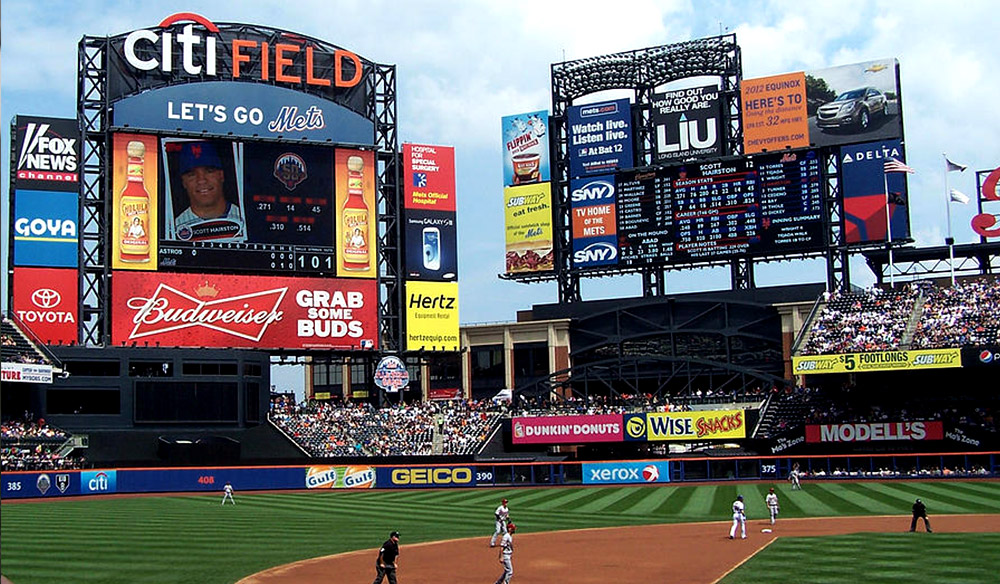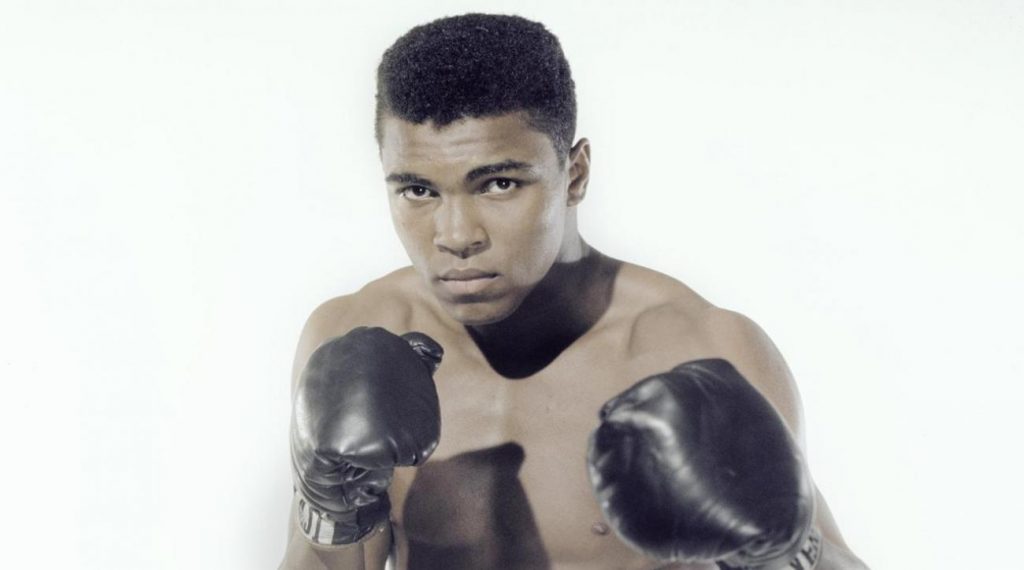Playing for Corporates

Sporting fever has gripped the whole world. All year round we have world cups and tournaments taking place and a good number of people hooked to their TV boxes or mobiles. Sports men and women are idolised by many children. Sports is a huge industry and there are many stakeholders. The sporting culture of a nation tells us the mental framework of a society.
Sporting activity and culture have had a long journey. Today sports as before has become an important aspect of life.Governments all over the world have A ministry for the development and promotion of sports. Sporting activity has received special attention in the last few decades in India.
The sporting activity in the early history were more oriented towards sports that would enable and assist developing war skills. Swimmimg,horse riding, archery wrestling and few others are the remnants of the past era. Today few of these sports are not as common as cricket and football.
The digital era has introduced online gaming culture which has badly affected the sporting culture among urban children and young adults. Many counsellors have expressed their concern and are worried about the lack physical activity among present day children.
"The school-going child has a developing body and it requires proper diet and a good amount of time and space to play," remarked Saumil Majmudar, CEO and Co-founder of EduSports, as reported in The Indian Express.One child in every three was found unable to sprint as they could have at their age.(India Today)
In the fast changing life style and shrinking spaces in present day residential colonies sporting activity has taken a bad hit. Few decades ago there were enough spaces available for children to play in the open areas that were available. Increased traffic on roads has also reduced cycling culture. Today one has to live in an area blessed with a sports ground to be able to fulfill his basic sporting activity for the day. It is mostly true that generally only a certain area in a taluka or a district or even a city is blessed with a sports ground. Urban development authorities have not paid any attention to the basic sporting requirements.
This has greatly affected the uniform development of sporting culture across different strata of the society. Games like badminton, tennis, squash,swimming,horse riding and archery to name a few are beyond the reach of most children.
Childhood ,adolescent and young adulthood age are ages of enthusiasm, exploration and energy. Appropriate sporting activity can channelize their energy for their self development and physical strength. Unfortunately lack of opportunities for channelising this youthful energy has led to diversion of the available time towards unproductive and substance abuse. Sporting activity keeps the teenager and young adult occupied in his leisure time. Hence it is important that we create spaces for basic sporting activity.
The latest trend of huge stadiums for corporate sponsored tournaments has led to absence of casual sporting activity.
This bring us to the need to study the influence of corporate bodies in converting sporting activity into a lucrative business option. Big corporate without investing in sporting infrastructure have been able to change the nature of our approach to sports. Today sports as physical activity for physical development and good health has disappeared and material oriented sporting careers has got a tremendous boost. The popularity of sports like cricket and football has created larger then life sporting heroes. The corporates have seized the opportunity and used such sporting heroes as their brand ambassadors. So we often find our sporting heroes endorsing various brands. Two sporting heroes who advertise for two different brands of alcohol in India we're in news for the wrong reasons.
In an advertisement of a brand that Dhoni endorses was making fun of Harbhajan so his mother was offended. And the Guardian reported this offence taken by his mother . ".Harbhajan Singh's mother demands immediate withdrawal of TV ad featuring Mahendra Singh Dhoni, saying it insults her son" And the same article says ,"an advert for Royal Stag Mega Cricket equipment showed Harbhajan, a Sikh, at a ball-bearing factory in the Punjab with his papaji (father). The ad ends with the Royal Stag whisky slogan: "It's your life, make it large." Sadly the parents were not offended that their son was promoting an alcohol brand.The money involved is so lucrative that most sporting heroes have readily accepted surrogate advertisements for alcohol companies and other beverages. The scantily clad cheer girls in the sidelines reminds one of the sexual objectification of women and yet not many feminist have found any issues with it. An article published in daily Sabah in 2018 reports ," When the most glamorous sport in the world, Formula One, decided to ban the use of beautiful models at their events starting with the Australian Grand Prix in March earlier this year, the hope was that other sports would follow suit".
Judging by the increasing use of nubile young girls as cheerleaders at international rugby and cricket events, just to use two examples of several others, this is clearly not the case.
Last month for instance, they were out in force at the T20 Cricket final of the Indian Premier League (IPL).
Very few sporting personalities can be introduced as idols for young children because of their on -field and off-field behaviour. The material orientation of sports has led to the diminishing number of sports personalities who stand up for justice except a few. The likes of sporting legend Muhammad Ali are rare today. Any opinion contrary to the ruling dispensation by the sporting icons can lead to loss of contracts.
 Likes of Mohammed Ali used to be role models earlier[/caption]
Likes of Mohammed Ali used to be role models earlier[/caption]
The increase in private investment in sport, combined with the resulting appreciation of the importance of public trust in authenticity of results, has brought the issue of participant-integrity to the forefront of legal discourse. Indian sport is no stranger to challenges of integrity. Match fixing, event manipulation and illegal betting have shaken the country’s primary sport, cricket, more than once in the last two decades. Combine the issue of fixing with age fraud, doping and sexual harassment and we have a quartet of familiar faces that are making their presence felt not only nationally but also internationally"
The competitive nature has introduced the culture of doping. Hardly any sports is free of doping scandals. The sportstar reported " Rising cases of doping by athletes, shockingly by even juniors in the Khelo India Games, has once again put the focus back on this menace. The sports fraternity is appalled at the cases where athletes have been assisted by coaches in order to enhance their performance by using banned drugs."
When the objective of sporting activity is now to earn profits the rigidity of the rules and regulations has increased with many sporting boards specifying a unnatural clothing code and refusing to be accomadating of the choice of the women either way. Many families who value dignity of appearance refuse to encourage sports among girls for schools too demand to follow the unreasonable dress code. Many schools and clubs refuse students the opportunity to compete in sporting events who ask for a modest clothing to play. One of the key finding of a survey conducted by Youth Sports Trust in UK called Girls Active Survey was that girls did not like to be watched at while playing. The physical and emotional nature of men and women differ but the recent push for extreme physical sports among women will soon have it's ramifications and the pressure will adversely affect the lives of young girls and women. Many cases of male coaches abusing young girls have surfaced regularly and alarmingly.
The total takeover of sports by corporates and turning it into a spectator orientated entertainment has been to the liking of the government's. This has helped to keep the masses pre- occupied with sporting events and distracted from the real issues facing the governance and they get a public that does not ask the right questions.
The authorities and the civil society needs to start an alternate sporting culture. A sporting culture that is free of corporate greed and is local community oriented. One bright example that comes close is the community oriented sports practiced in few villages in Goa. Where each village organises sports activity and tournaments on occasions ,involving all the different age groups and sports. Sports should be encouraged at all levels and be free of corporate pressure.
The sports authorities and schools should invest in creating spaces for affordable sporting activity. The pressure of succeeding at any cost should be divorced from sporting activity. Sports has to be oriented with the greater goals of life. Hence honesty,truthfulness and human brotherhood needs to promoted. The best example of defeating racism ,regionalism and hate crimes is a study by Stanford University which states that after the famous Egyptian footballer started playing for Liverpool hate crimes reduced by 19% and online negative comments against Muslims reduced by 50%. We need more such sporting heroes and exchange to build bridges of understanding between continents, nations and communities.
Sports has the potential to unite people but if politicians choose to play political sports in sporting arena then there is much to worry about.
